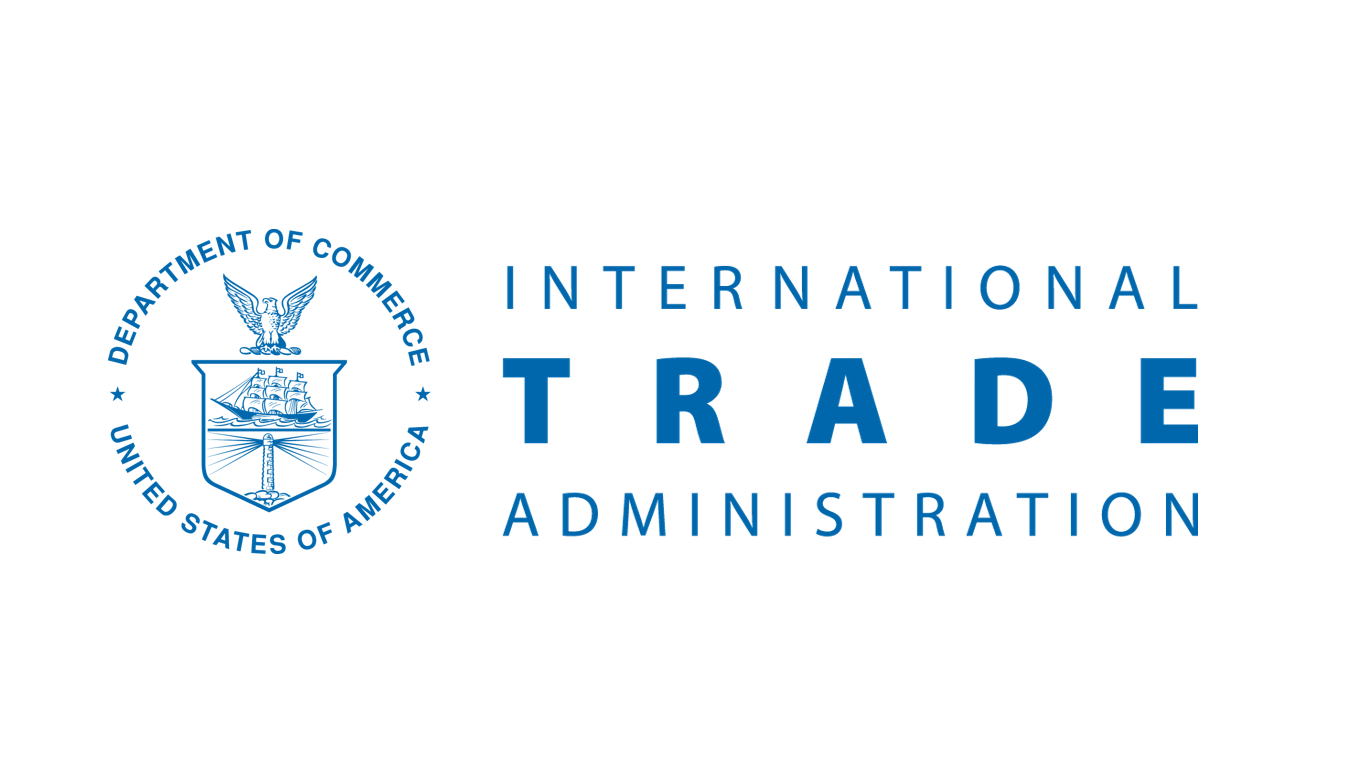Berry Amendment
The Berry Amendment
The Berry Amendment Restrictions for Clothing, Fabrics, Fibers, and Yarns
The Berry Amendment is a statutory requirement that restricts the Department of Defense (DoD) from using funds appropriated or otherwise available to DoD for procurement of food, clothing, fabrics, fibers, yarns, other made-up textiles, and hand or measuring tools that are not grown, reprocessed, reused, or produced in the United States. The Berry Amendment has been critical to maintaining the safety and security of our armed forces, by requiring covered items to be produced in the United States. With respect to textiles and clothing, the Berry Amendment has been critical to the viability of the textile and clothing production base in the United States.
Congress originally passed domestic source restrictions as part of the 1941 Fifth Supplemental DoD Appropriations Act in order to protect the domestic industry base in the time of war. The Berry Amendment was included in subsequent defense appropriations acts until it was made permanent in Fiscal Year 1994 by Sec. 8005 of Public Law 103-139. The Berry Amendment was subsequently codified in 2002 as 10 U.S.C. 2533a in Section 832 of Public Law 107-107.
This discussion of the Berry Amendment focuses exclusively on clothing, fabrics, fibers, yarns, and other made-up textile items as so described in section “Covered Items Under the Berry Amendment”.
PLEASE NOTE: THIS INFORMATION IS PROVIDED SOLELY FOR EDUCATING THE GENERAL PUBLIC ABOUT THE BERRY AMENDMENT. THE INFORMATION CONTAINED HEREIN SHOULD NOT BE CITED IN ANY DOCUMENTS RELATED TO FULFILLING DOD CONTRACTS!
- Covered Items under the Berry Amendment
- Implementation of the Berry Amendment
- When the Berry Amendment Applies
- Exceptions Provided Under the Berry Amendment: When the Berry Amendment Does Not Apply
- Domestic Non-Availability Determinations (DNADS or Waivers)
- Contacts
